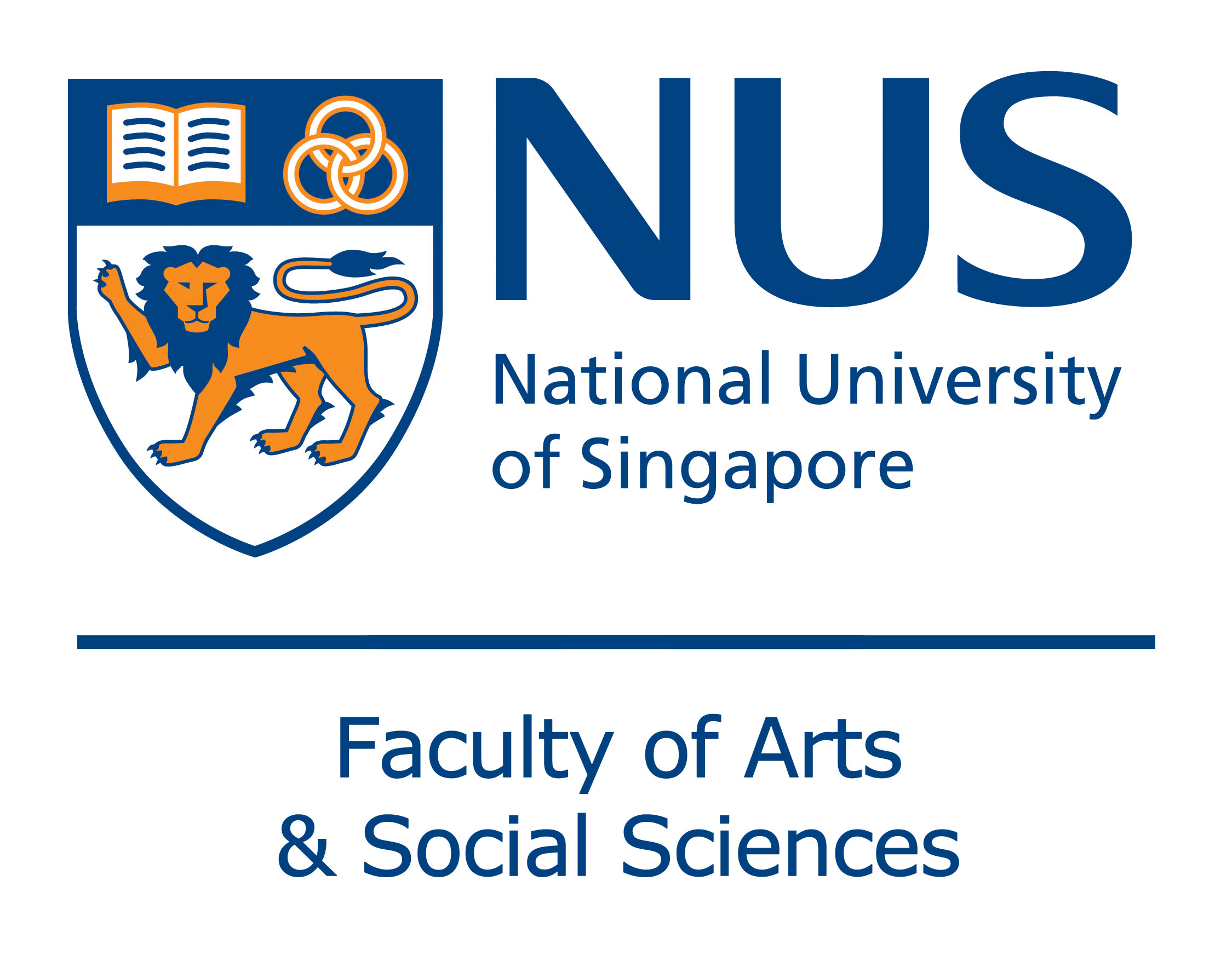Fathers’ Migration and Academic Achievement among Left-behind Children in India: Evidence of Continuity and Change in Gender Preferences
International Migration Review
This article examines the link between paternal migration and children’s arithmetic and reading achievement, using the 2005 and 2012 waves of the national India Human Development Survey (IHDS). Additionally, it investigates if fathers’ migration is associated with increased investments in children’s education and time spent on educational activities. Using propensity score matching, this article finds that fathers’ current and long-term migration, defined as being a migrant in both IHDS waves, is positively associated with children’s education. However, the benefits of paternal migration are experienced more frequently by sons than by daughters. Sons of migrant fathers demonstrate higher reading and arithmetic achievement, benefit from higher education expenditure, and spend more time on educational activities than sons of non-migrant fathers. Daughters of migrant fathers exhibit higher reading skills and receive higher investments in education but are no different from daughters of non-migrant fathers in time spent on educational activities and arithmetic achievement. These results suggest a gendered process at play in remittance utilization, with sons experiencing a more robust remittance effect. Nevertheless, it is promising to note that daughters also gain from the economic and social remittances received by left-behind families in a modernizing India.

Vikram, K. (2021). Fathers’ Migration and Academic Achievement among Left-behind Children in India: Evidence of Continuity and Change in Gender Preferences. International Migration Review. https://doi.org/10.1177/0197918321989279


You must be logged in to post a comment.